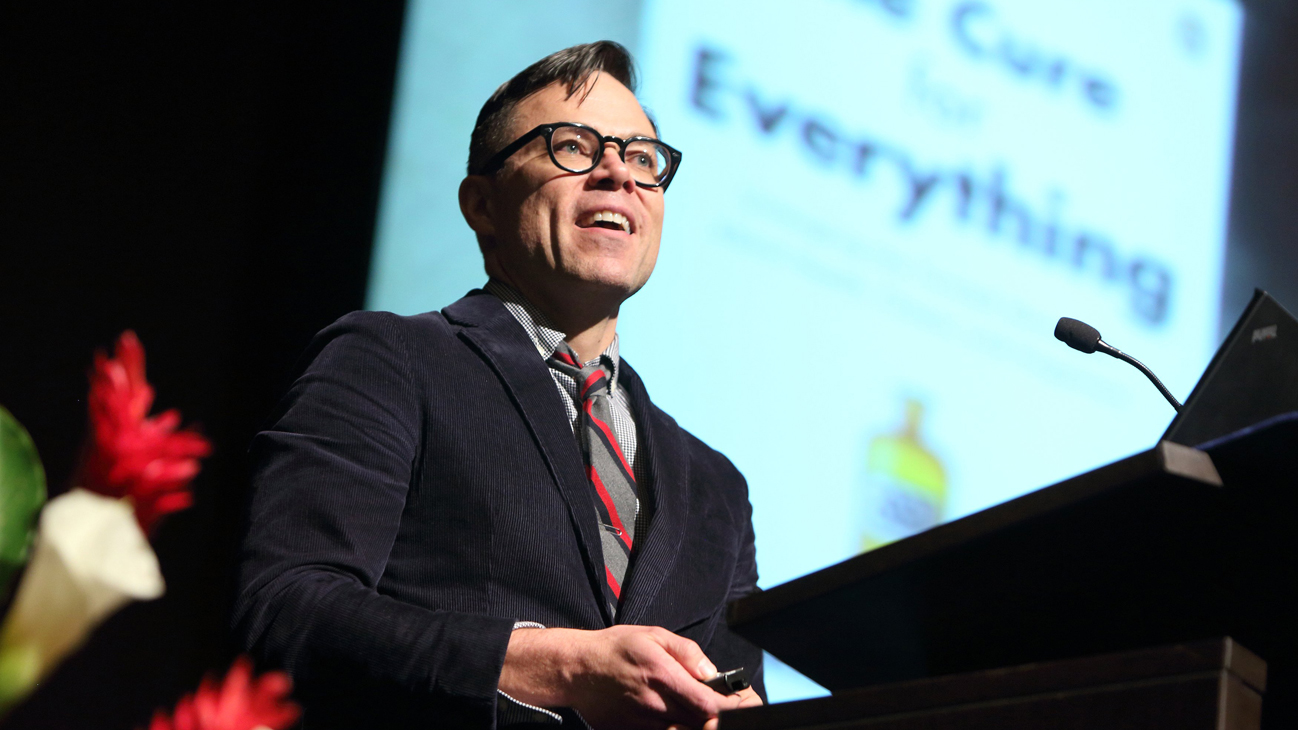Professor Timothy Caulfield is an unrivaled communicator who debunks myths and assumptions about innovation in the health sector—from research on stem cells to diets to alternative medicine—for the benefit of the public and decision-makers. He is a Canada Research Chair in Health Law and Policy, and a Professor in the Faculty of Law and the School of Public Health at the University of Alberta. He has been the Research Director of the Health Law Institute at the University of Alberta since 1993.
A recent Washington Post story praising scientists who call out bad internet advice features Caulfield as a leader in highlighting and combatting the seemingly unending stream of useless and often dangerous pseudo-scientific health advice. Here are some highlights of what he said in the story:
If you don’t know the background science, any argument can sound convincing online. Many people are searching for hope and sometimes believe what they read because they want it to be true. It’s the job of myth-busters to dig deep into the evidence and poke holes in the pseudoscience, so we don’t fall for unproven cures and risky remedies.
“The scientific community has a responsibility to make sure information is translated clearly, and there is more need for people who are science-based to answer the call,” says Caulfield. He explains that we need researchers involved in myth-busting because the topics are becoming increasingly complicated. Things like unproven stem cell therapy, genetic testing or detox diets are hard to debunk for people with no background in science.
Gorski says that being a skeptic is about more than debunking. It’s about promoting science and reason. As a team, debunkers are creating a movement that reminds people not to believe everything they read. Individually, they each have a small impact but, collectively, change is happening. From the anti-vaccine movement to some questionable items found on celebrity websites, these topics are being examined more critically.
“It used to be that when a story about vaccines or autism was published, journalists interviewed anti-vaxxers and had no balance,” says Gorski. “Now they tend to show both sides of the story and are calling on us more often.”
Caulfield says: “Celebrity opinions used to be seen as harmless entertainment, but that’s changing in the era of fake news. Policymakers are seeing the harm from bunk and are taking it more seriously than they did 10 years ago.”
Read the full article here.

